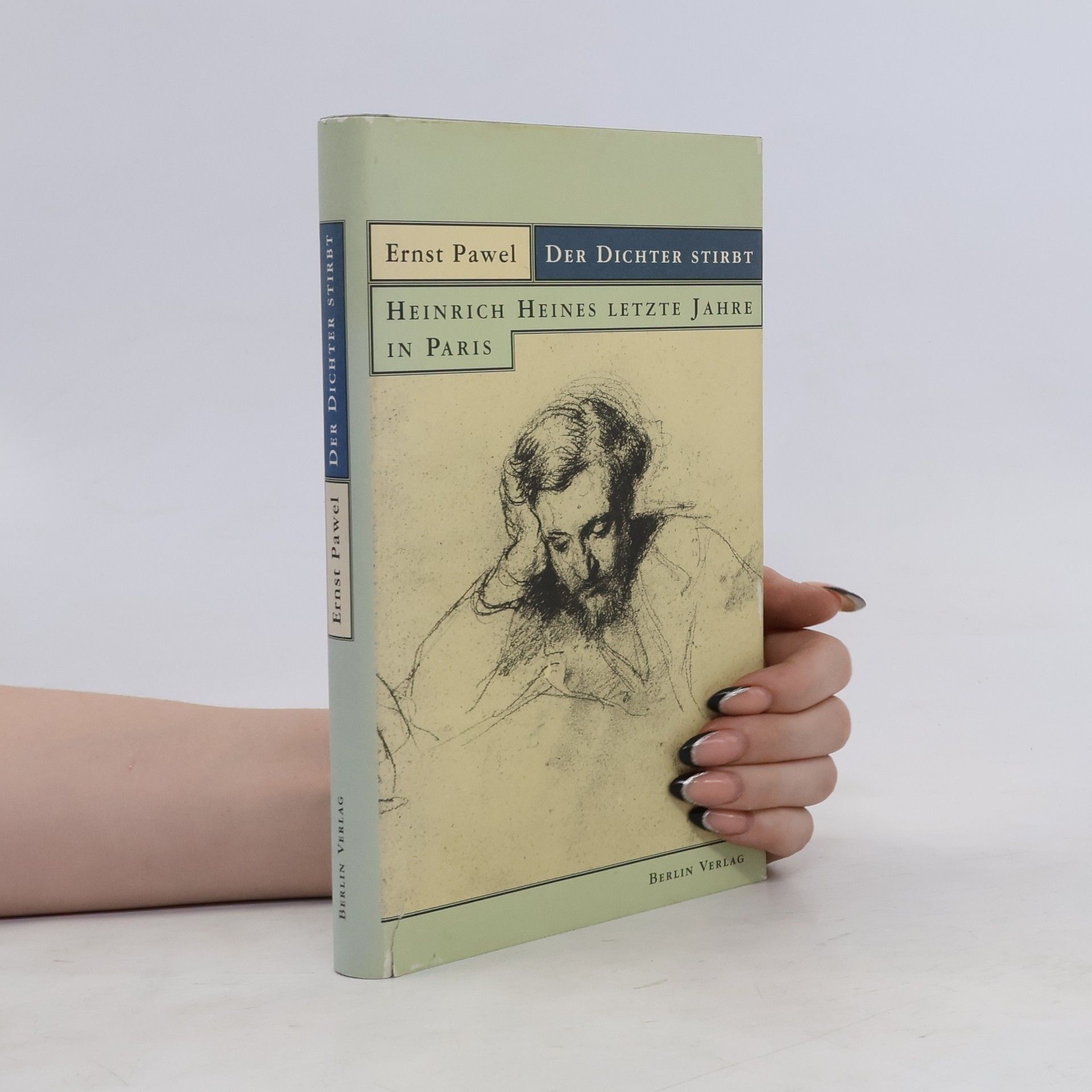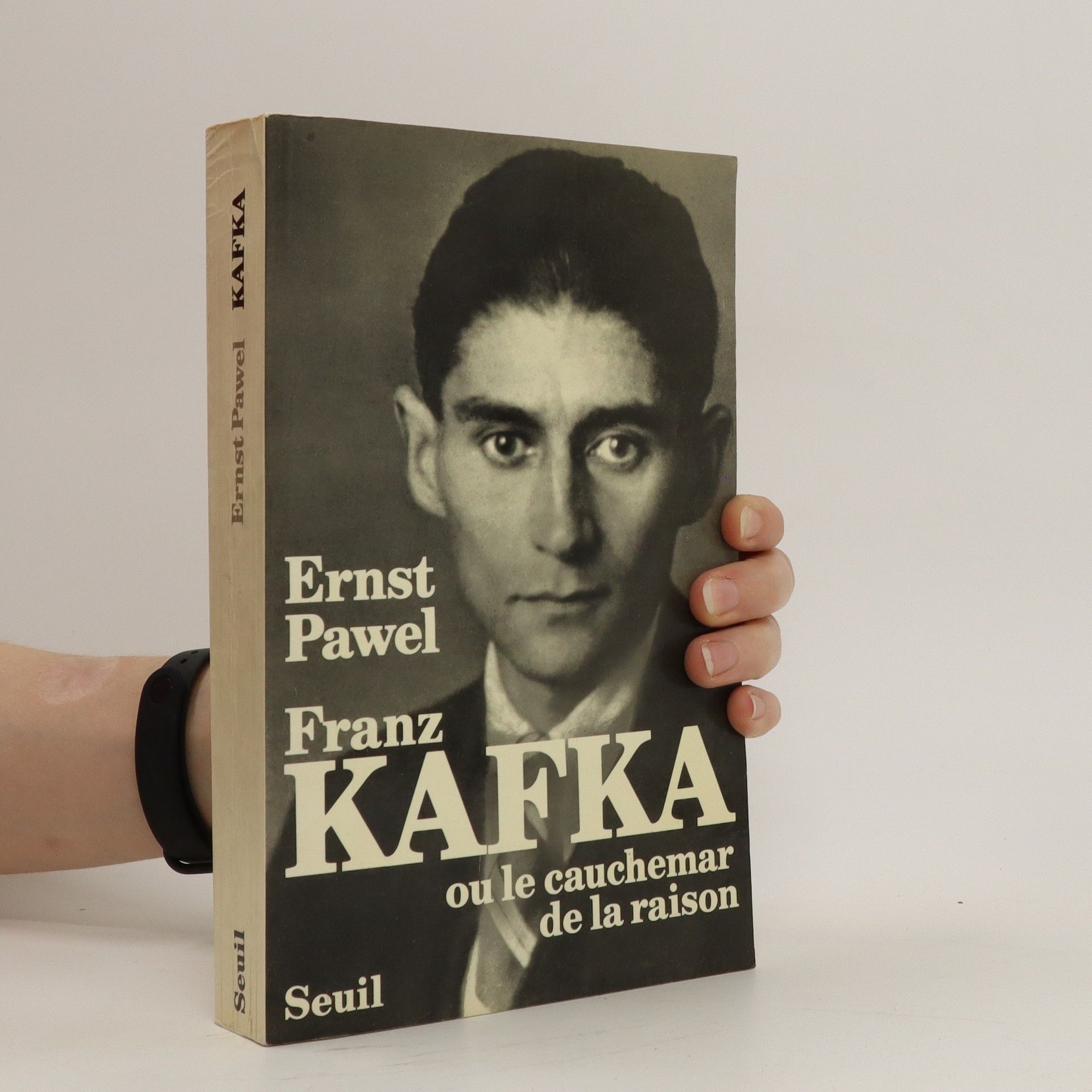Biographie solidement documentée qui, en plus de bien situer cet étrange écrivain dans le contexte culturel de son époque, rétablit la vérité sur une foule de clichés et de légendes qui ont fleuri, tant autour de son oeuvre audacieuse qu'à propos de sa personnalité longtemps tributaire de témoignages biaisés. Récit maîtrisé, passionnant et révélateur.
Ernst Pawel Livres



To view the modern world is to see it through the lens of Franz Kafka, the defining writer of the twentieth century. In his exploration, Ernst Pawel captures Kafka's essence and the complex interplay of his work and life. Kafka has become a modern myth, shaped not only by his writings but also by distortions in biographies, especially the one by his close friend Max Brod. Pawel's achievement lies in situating Kafka within his historical context, revealing a life that surpasses the myths surrounding it. This account chronicles Kafka's life while vividly depicting the milieu of affluent Germanized Jewry and the intellectual vibrancy of Central Europe before World War I, as well as the collapse of Austria-Hungary. While informed by psychological insights, Pawel avoids relying solely on them, presenting Kafka not as a mere legend of a frail clerk but as a man who navigated the world, functioning as a reluctant yet effective business executive. Pawel's nuanced readings of Kafka's Judaism, his relationships with his parents, and his tumultuous engagements reveal a figure who, while typical of his age and class, also transcended them. His interpretations of Kafka's life and relationships are both revealing and persuasive, challenging preconceived notions.
Pawel, Ernst: Der Dichter stirbt, Heinrich Heines letzte Jahre in Paris, Aus dem Englischen von Regina Schmidt.Ott, DEA, Berlin, Berlin 1997, 240 S., OPbd. m. OU., gut erhalten